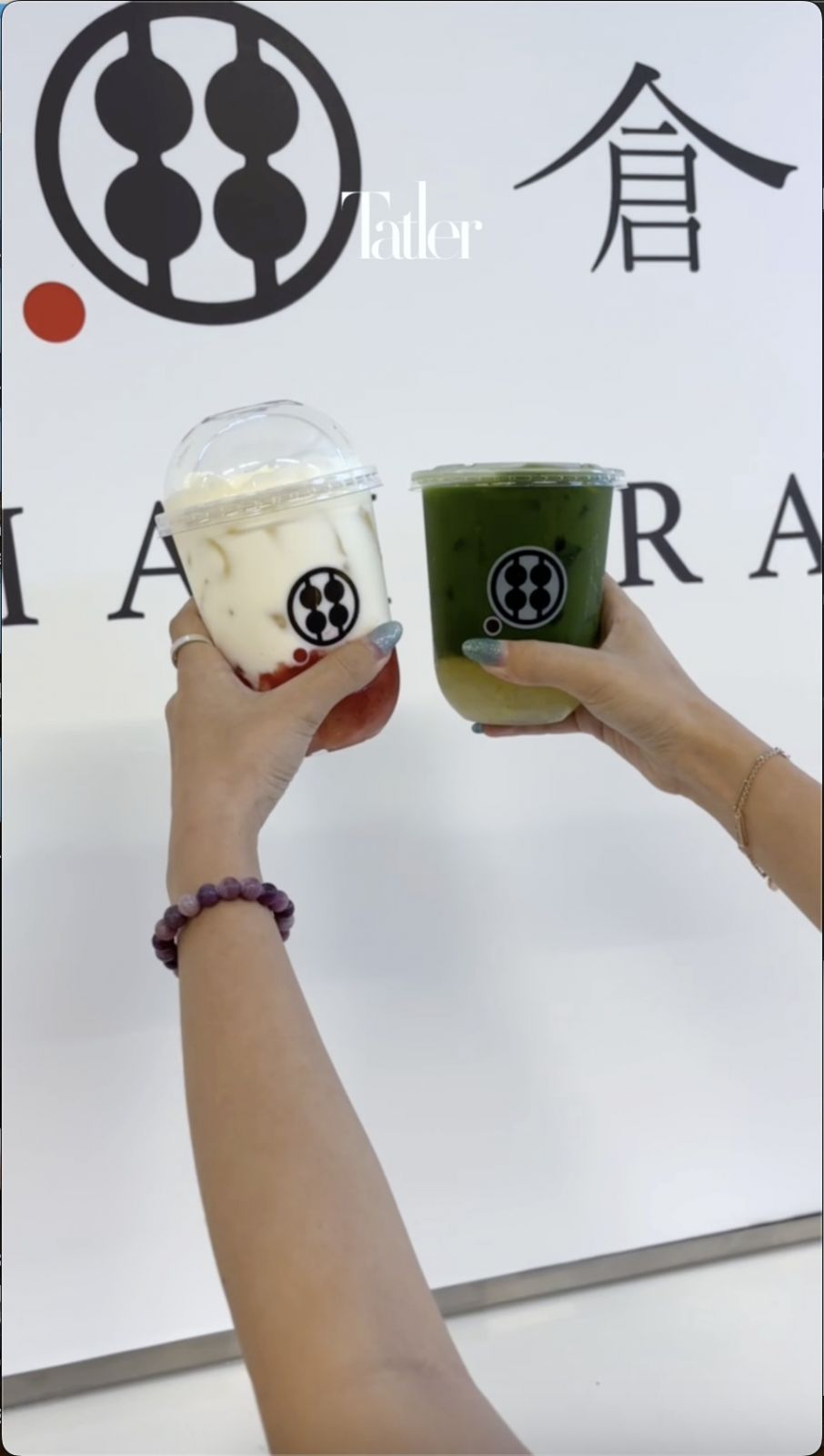The ‘Squid Game’ franchise took K-drama to a whole new level—but its influence extends beyond entertainment. Here’s why
In 2021, Netflix’s survival series Squid Game amassed 1.65 billion viewing hours in its first 28 days, attracting massive viewership across 94 countries to become the streaming giant’s most-watched series ever. Not your average K-drama, Squid Game’s admittedly bizarre premise involves desperate contestants playing deadly versions of children’s games for a grand cash prize of KRW45.6 billion.
Read more: Netflix: The making of ‘Squid Game’, the global sensation
Despite being primarily in Korean with subtitles, it resonated with audiences worldwide, transcending linguistic boundaries and proving that compelling storytelling can overcome language barriers. This has been proven to be true as the second instalment, Squid Game: Season 2, clocked 125.2 million views in just 11 days, ranking No. 2 most-watched non-English series, second only to its predecessor.
Not only has the global phenomenon fundamentally altered the landscape of K-entertainment and pop culture in profound ways, but it has also stirred a deeper understanding of Korean culture and opened up necessary discussions and hard conversations about societal issues.


Memes and internet culture
Netizens went ham with memes inspired by the show. From Young-hee, the ‘Red Light, Green Light’ doll, to the dalgona candy challenge, Squid Game became a playground for creativity. These memes kept the show in the public eye long after its release, turning it into a social media juggernaut. TikTok trends, fan art and artistic interpretations, YouTube parodies, and Instagram filters based on the series came in giant waves and flooded the internet.
See also: 5 ‘Squid Game’ -style staircases around the world
Real-life adaptations
While the games in Squid Game were fictional (and twisted), their impact led to real-life adaptations–minus the deadly stakes. From fan-organised events to professional productions such as American YouTuber MrBeast’s $456,000 Squid Game in Real Life!, the ‘Red Light, Green Light’ race at Jakarta’s Gelora Bung Karno Stadium, and the British reality competition show Squid Game: The Challenge, everyone involved wanted a slice of that Squid Game pie. Netflix itself hosted live experiences in cities like Los Angeles and Seoul, allowing fans to immerse themselves in the show’s universe.
















